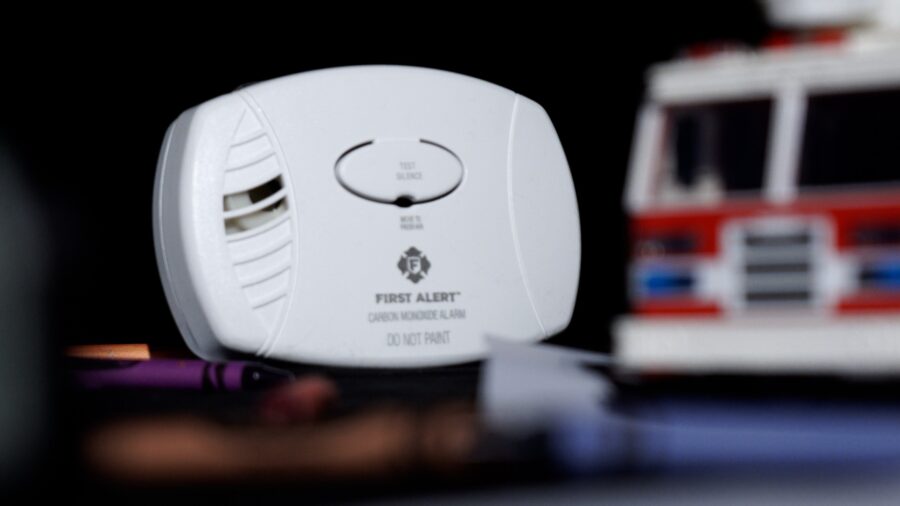Improperly Stored Household Batteries Blamed For Taylorsville Garage Fire
Jun 15, 2021, 11:03 PM | Updated: Jun 19, 2022, 10:02 pm
TAYLORSVILLE, Utah – Jane Jensen went to hop in her car last month, only to discover the inside scorched. The car’s seats, vents, floormats and ceiling were melted and burned. The car’s windows were opaque – black from a fire’s smoke. The smell was hideous.
“It happened in the middle of the night and put itself out,” Jensen said, crediting the fact that the car’s windows had been rolled up, so the fire eventually ran out of air. “Luck all over the place, or blessed, one of those.”
It certainly could have been a lot worse.
The fire started inside the garage, where Jensen did not have smoke alarms. Her bedroom and the garage share a wall. She was asleep about 10 feet away.
“It really could have been a disaster and I’m so thankful it wasn’t,” she said.
The fire left behind a mess – and a mystery. Jensen said the responding fire crew was stumped by what had caused the blaze.
A fire investigator, however, combed through the debris and discovered the culprit.
“He said, ‘You have a bag of batteries back here.’ And I said, ‘Yeah, I’m on my way to recycle them,'” Jensen recalled.
Something had crossed a 9-volt battery’s terminals, probably another battery, which had sparked the blaze, the fire expert told Jensen.
Jensen said she’s never heard 9-volt batteries could be responsible for starting a fire, but the KSL Investigators found fire department press releases and news articles from all over the country talking about this very issue.
Federal regulators have heard about it, too. The Consumer Product Safety Commission notes “consumer complaints” of batteries leading to “fire.” Some have had disastrous outcomes.
In 2015, a Colorado house fire made national headlines after a handful of 9-volt batteries were tossed in a paper bag to be recycled. Ironically, the homeowner told investigators that the batteries had been swapped out of smoke-detectors.
Firefighter Patrick Costin with the Unified Fire Authority said he’s also seen 9-volt batteries lead to house fires. He said a lot of battery fires tend to start in kitchen junk drawers, when a piece of metal comes in contact with both of the battery’s terminals.
“Could be pennies, other batteries, the random fork your kid puts in there at night,” Costin said. “Just the perfect mix of stuff comes together and causes a fire.”
By design, 9-volt batteries are more dangerous than other types of batteries because the terminals are near one another and can easily be crossed.
The good news, Costin said, is there is a fix and the fix is easy. When storing batteries, put a piece of tape over the terminals. That way, if the battery does push up against a piece of metal, there is still a buffer.

















